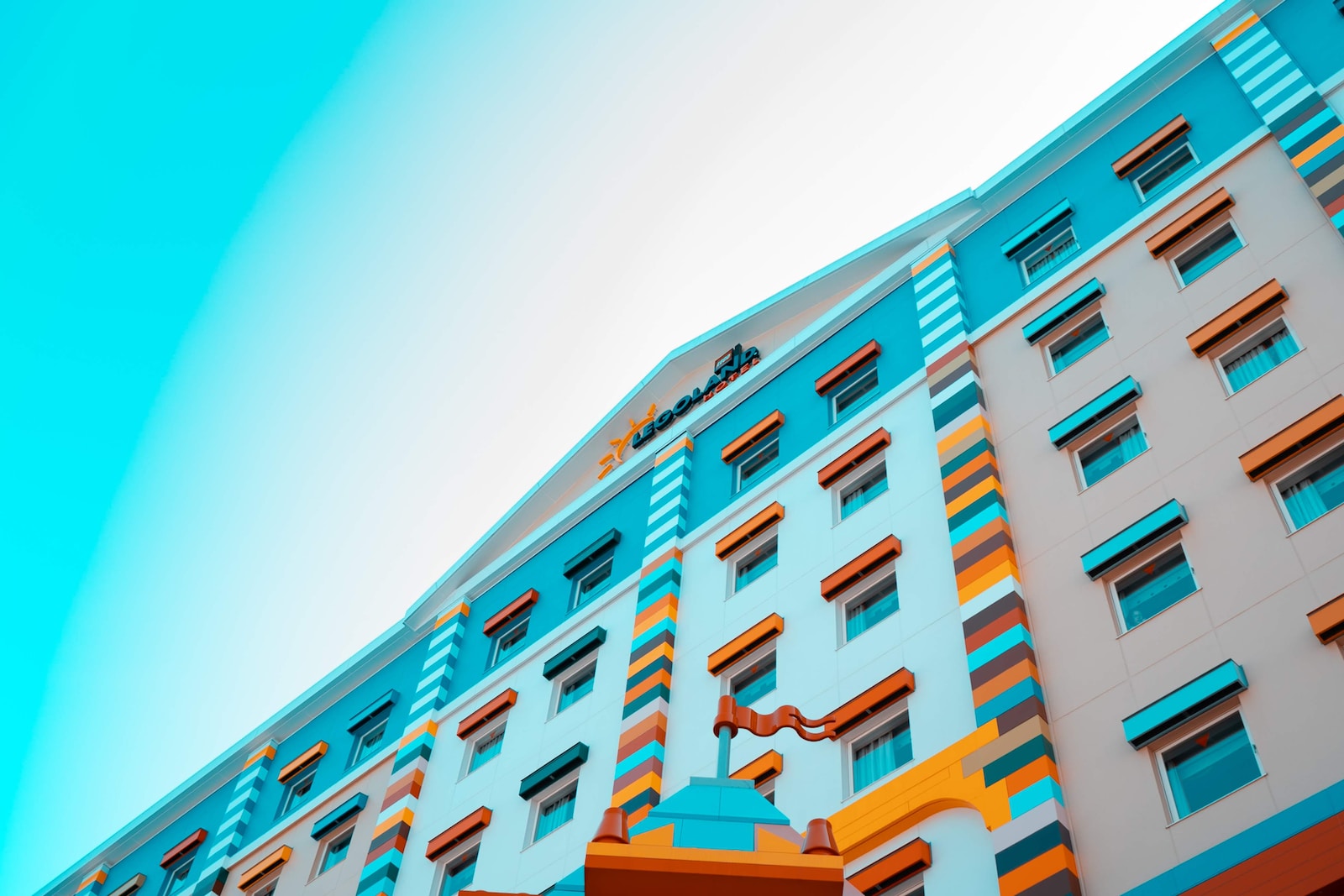Hotels are incredibly popular places for people looking for a comfortable and convenient stay when they are away from home.
They have become well-known in the world of hospitality and hold a special significance in our minds.
From luxurious accommodations to exceptional services, from memorable experiences to vibrant atmospheres, hotels possess many elements that make them irresistible to individuals across the globe.
Hotels can often feel hot due to several factors related to their design, location, and operational practices.
Insufficient insulation, inadequate shading, or outdated cooling systems can contribute to the heat. Additionally, the design of the hotel building plays a role.
Some hotels prioritize aesthetics over functionality, featuring large windows, glass facades, or limited ventilation, which allows more heat to enter the building.
Several Factors That Show Why Are Hotels So Hot
Centralized Heating And Cooling Systems
Hotels utilize large, centralized HVAC (heating, ventilation, and air conditioning) systems to maintain a consistent temperature throughout the building.
These systems are often programmed to provide a comfortable environment for a wide range of guests, which may result in warmer temperatures than some individuals would prefer.
Energy Efficiency Measures
Hotels employ various energy efficiency measures to reduce energy consumption and costs, such as high-quality insulation and energy-efficient windows.
These measures help keep the heat generated inside the building from escaping, which can lead to a warmer environment.
Room Occupancy
Hotels are designed to accommodate many guests in close proximity.
As people generate body heat, the combined warmth of many guests in a confined space can contribute to the overall temperature within the hotel.
Sun Exposure
Depending on the hotel’s design and location, certain areas may receive more sunlight than others, causing rooms or common areas to heat up.
Large windows and glass facades can magnify this effect, especially during the warmer months.
Limited Ventilation
Some hotels may have limited ventilation options for individual rooms to maintain a consistent temperature and minimize energy loss.
This can cause warm air to become trapped, leading to a hotter room environment.
Electronic Appliances
Hotel rooms are often equipped with various electronic appliances, such as televisions, mini-fridges, and hair dryers.
These appliances generate heat when in use, which can contribute to the overall warmth of the room.
Bedding And Furnishings
Hotels often use plush, high-quality bedding and furnishings to create a luxurious atmosphere for their guests.
While comfortable, these materials can also trap heat and make the room feel warmer than it is.
Additionally, using heavy curtains and draperies to maintain guest privacy can further insulate the room, adding to the perception of warmth.
Several Strategies To Cool Down Hotel
To cool down a hotel room or make it more comfortable, guests can employ several strategies:
Adjust The Thermostat
Check the thermostat in the room and adjust it to a cooler temperature. This is the most direct way to regulate the room’s temperature.
Make sure the cooling function is on and set to a comfortable level.
Use The Fan Setting
If the hotel’s HVAC system allows it, switch the system to “fan only” mode.
This will help circulate the air in the room without necessarily adding more cool air, which can still make the room feel more comfortable.
Open Windows
If the hotel room has windows that can be opened, consider cracking them to allow fresh air and natural ventilation.
This can help dissipate heat and provide a cooler breeze. However, be cautious of security concerns and outdoor noise.
Close Curtains And Blinds
During the day, close the curtains and blinds to block out direct sunlight. This will help to prevent solar heat gain and keep the room cooler.
Limit Appliance Use
Reduce the use of heat-generating appliances like hair dryers, irons, and laptops.
Unplug chargers and other electronic devices when not in use, as they can generate heat even when not actively charging.
Use Light Bedding
Remove heavy blankets and duvets from the bed and use only a light sheet or blanket for sleeping. This will help to reduce heat retention while you sleep.
Communicate With Hotel Staff
If the room is still too warm after trying these methods, inform the hotel staff about the issue. They may be able to offer additional solutions or relocate you to a cooler room.
How Does A Hotel Location Affect Its Indoor Temperature?
A hotel location can significantly impact its indoor temperature.
Hotels may struggle to maintain cooler temperatures in warmer climates due to increased sunlight exposure, local weather conditions, and limited insulation.
Conversely, hotels in colder regions may need to maintain higher temperatures to ensure guest comfort and prevent issues like frozen pipes.
Hoteliers must consider their location and the local climate when setting indoor temperatures to balance energy efficiency and guest satisfaction.
Can HVAC Systems In Hotels Lead To Overly Warm Indoor Temperatures?
HVAC systems can indeed contribute to higher indoor temperatures in hotels.
Some hotels have outdated or inefficient HVAC systems, which can struggle to maintain consistent temperatures throughout the building.
Additionally, hotels may have centralized HVAC systems that do not allow for individual room temperature control, meaning that guests cannot adjust their room’s temperature to their preference.
Sometimes, the hotel may set higher temperatures to save on energy costs, especially during colder months.
How Do Hotel Amenities And Services Affect Indoor Temperatures?
Many hotel amenities and services generate heat, contributing to increased indoor temperatures.
For example, hotel kitchens, laundries, and other facilities generate heat during operation, which can spread throughout the building.
Also, crowded events or gatherings in conference rooms and banquet halls can elevate temperatures due to body heat and increased energy usage.
These factors, combined with other heat sources in the hotel, can lead to hotter indoor temperatures.
Do Hotel Building Materials And Designs Contribute To Increased Indoor Temperatures?
Hotel construction materials and design can play a role in heat retention and increased indoor temperatures.
Some hotels may use materials with low thermal insulation properties, leading to greater heat transfer between the building’s interior and exterior.
Additionally, large windows or glass facades can trap heat inside the building, causing a greenhouse effect.
Moreover, hotels with limited natural ventilation or airflow may struggle to dissipate heat, leading to higher indoor temperatures.
Are There Any Regulations Governing Indoor Temperatures In Hotels?
While there may not be specific regulations governing indoor temperatures in hotels, many countries have general guidelines and standards for building energy efficiency and indoor air quality.
These guidelines may indirectly influence hotel temperatures, as they often address insulation, ventilation, and HVAC system efficiency factors.
However, these standards can vary greatly by region, so it’s essential to research local regulations and guidelines when considering hotel accommodations.

